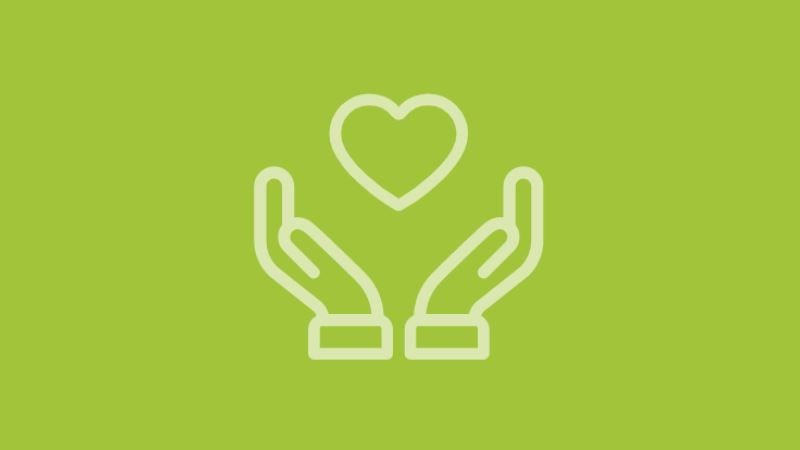A reminder about the latest isolation guidelines for testing positive for COVID-19

Our day-to-day lives may be relatively “back to normal,” but the risk of COVID-19 still exists – here’s what you need to know about self-isolation and how to prevent spreading infectious disease to others.
Rapid antigen testing kits are available for free at pharmacies throughout B.C. To find a pharmacy near you, click here.
If you test positive for COVID-19
According to the BCCDC, If you test positive for COVID-19, you must self-isolate at home for at least 5 to 10 days, depending on your vaccination status:
- Students under the age of 18, regardless of vaccination status, must isolate for five days AND until symptoms improve and they no longer have a fever.
- Students 18 and up, parents and staff who are NOT fully vaccinated must isolate for 10 days AND until symptoms improve and they no longer have a fever.
- Parents and staff who are fully vaccinated must isolate for five days AND until symptoms improve and they no longer have a fever.
Fully vaccinated means you have received at least two doses of a two-dose COVID-19 vaccine series (i.e. Pfizer, Moderna or AstraZeneca) or it has been more than 14 days since you received a single dose of a one-dose series (i.e. Janssen/Johnson and Johnson).
If you still have a fever or your symptoms have not improved after your prescribed isolation period, continue to isolate until the fever breaks (without the use of fever-reducing medication such as acetaminophen or ibuprofen) and your symptoms improve.
Mild symptoms may not be contagious after your prescribed isolation period, but it can take longer to completely recover from symptoms of COVID-19. Most people recover within two weeks though some with more severe symptoms can take up to 12 weeks our more to feel entirely better.
If you test positive, everyone in your household should monitor for symptoms of COVID-19 and stay home if they develop symptoms.
Note: You do not need to continue testing after self-isolation.
If you test negative for COVID-19 or did not get tested but have symptoms
If you have mild symptoms and tested negative for COVID-19 or did not get tested, stay home until you do not have a fever and feel well enough to return to your regular activities. Mild symptoms are symptoms that can be managed at home.
Some home treatments for safely managing symptoms include:
- Drinking plenty of fluids
- Getting lots of rest
- Using a humidifier or hot shower to ease a cough or sore throat
- Taking non-prescription medicine such as acetaminophen (Tylenol) and ibuprofen (Advil) for a fever
You can call 8-1-1 anytime to talk to a nurse at HealthLinkBC. This service is available in 130 languages. If your symptoms worsen or you do not improve after five or six days, call 8-1-1, your family doctor or go to an Urgent and Primary Care Centre (UPCC).
Go to an emergency department or call 911 if you:
- Find it hard to breathe
- Have chest pain
- Can’t drink anything
- Feel very sick
- Feel confused
Additionally, with flu season upon us, it is always good to practice frequent hand hygiene to prevent the spread of germs and respiratory illness.
For more information, visit the BCCDC website.


